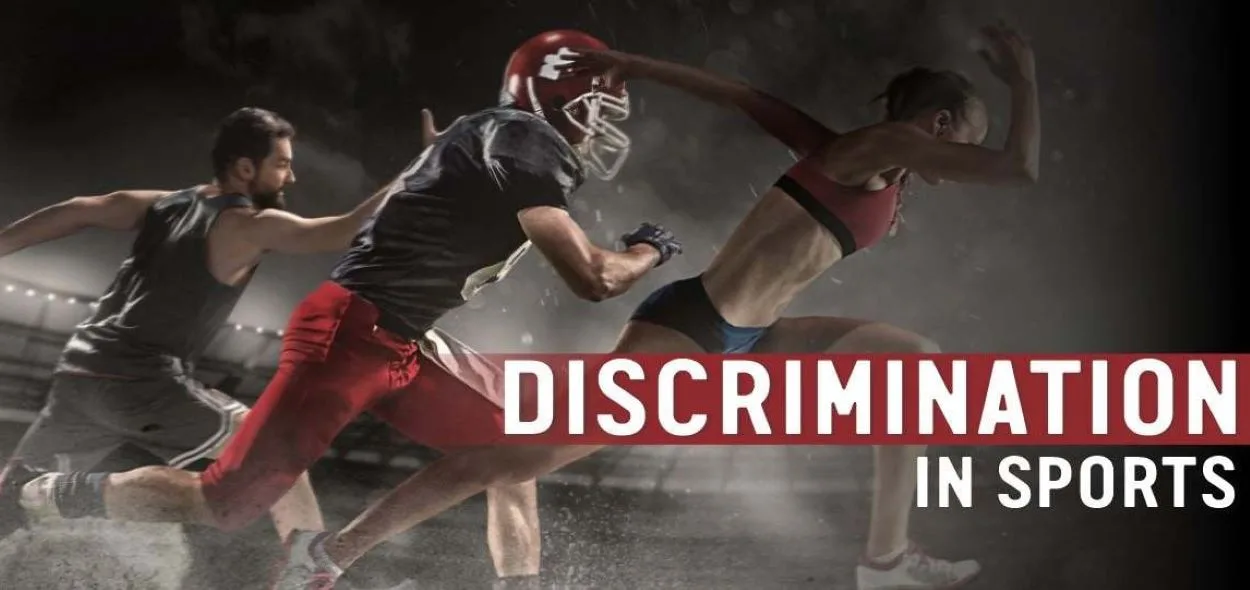In recent years, a disturbing trend has been making headlines worldwide – increased discrimination in sports. The 2022/23 soccer season has notably been marred with an alarming surge of discriminatory behaviour. A leading anti-discrimination organization has reported a record-breaking 1,007 instances of discrimination, marking a 65.1% increase compared to the previous year.
The unsettling increase includes discrimination during professional games, on social media platforms, and within grassroots soccer, leaving no area of the sport untouched. This blog delves into the nature of this issue, the forms of discrimination being reported, and how governing bodies are reacting to the situation.
The Nature and Extent of the Discrimination
It is particularly worrying to note the rise in discrimination within the professional game, which includes the Premier League, English Football League, domestic cups, European and international competitions, Women’s Super League, and Women’s Championship. Kick It Out, an organization established in 1993 to combat racism in soccer, has reported a 27.4% increase in these reports, totalling 484 cases.
In the data recently released by Kick It Out, which expanded its focus to all forms of discrimination in 1997, racism accounted for 49.3% of all reported incidents. This points to a deeply entrenched issue within the sport that needs comprehensive and targeted solutions.
Another area of concern is the fourfold increase in reports of sexist and misogynistic behaviour, rising from 16 to 80 cases. The organization highlights that this increase is intensified by online abuse targeted at female players and supporters. Reports of Islamophobic incidents also witnessed a 300% increase, despite a slight decrease in faith-based discrimination overall.
The Impact of Social Media
With their anonymity and ease of access, social media platforms have unfortunately become a breeding ground for such discriminatory behaviour. Reports of abuse on these platforms witnessed a shocking 279% rise compared to the previous season, constituting 28% of total reporting. This is a 15.9% increase from 2021/22, indicating a rapidly escalating problem.
The situation is equally grim at the grassroots level, where budding talents and young enthusiasts find their love for the game. 43.4% of reports originated from games involving under-18s or younger players, with racism accounting for over half of these incidents.
Responding to the Crisis
In the wake of these findings, the Premier League and the English Football Association spokespeople have acknowledged the issue’s severity and emphasized their commitment to combating discriminatory and racist abuse in football. They noted the importance of reporting incidents so that appropriate actions can be taken against the perpetrators.
Tony Burnett, the CEO of Kick It Out, acknowledged the alarming rise in reports and emphasized the organization’s determination to tackle discrimination comprehensively. He stressed the need for a centralized discrimination reporting mechanism in soccer and called upon fans, clubs, leagues, and governing bodies to join forces in addressing the issue.
The Way Forward
The stark numbers presented by Kick It Out paint a grim picture of the state of soccer, but they also represent only a fraction of the true extent of the problem. It is crucial to recognize that these statistics merely scratch the surface of a deeply rooted issue in the world of sports.
The sport must make a concerted effort to eradicate all forms of discrimination. This will require education, policy changes, strict enforcement, and, most importantly, a unified front from all stakeholders in the sport. Discrimination has no place in society, and certainly not on the football pitch. Only through concerted and comprehensive action can we hope to see a future where everyone is treated with respect and equality in the sport they love.






